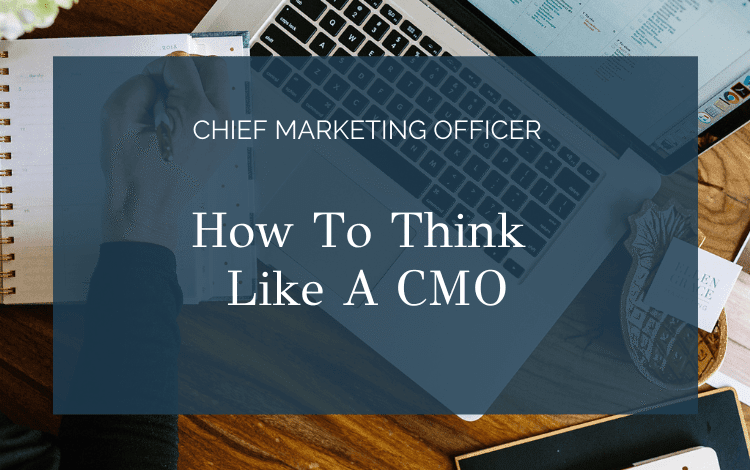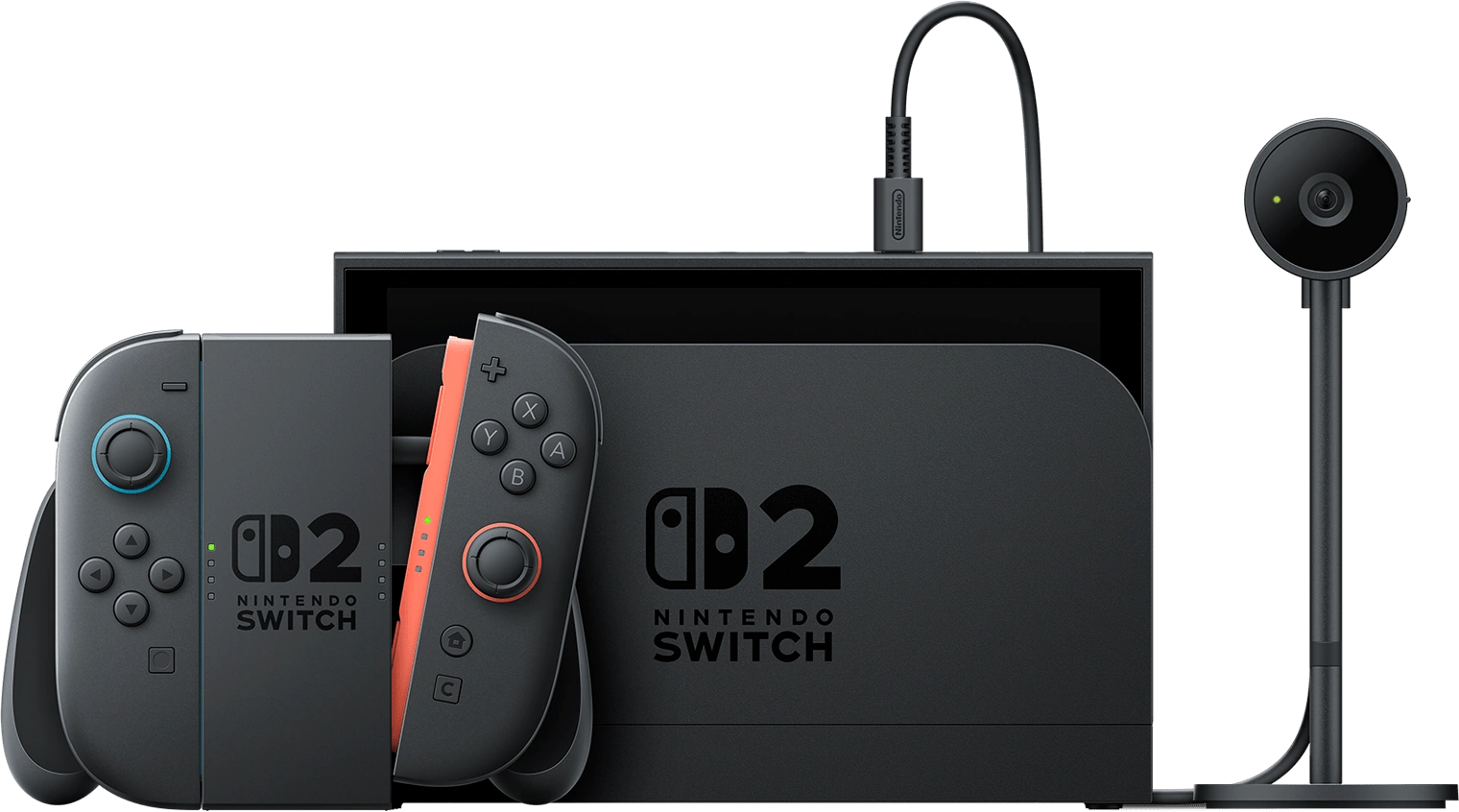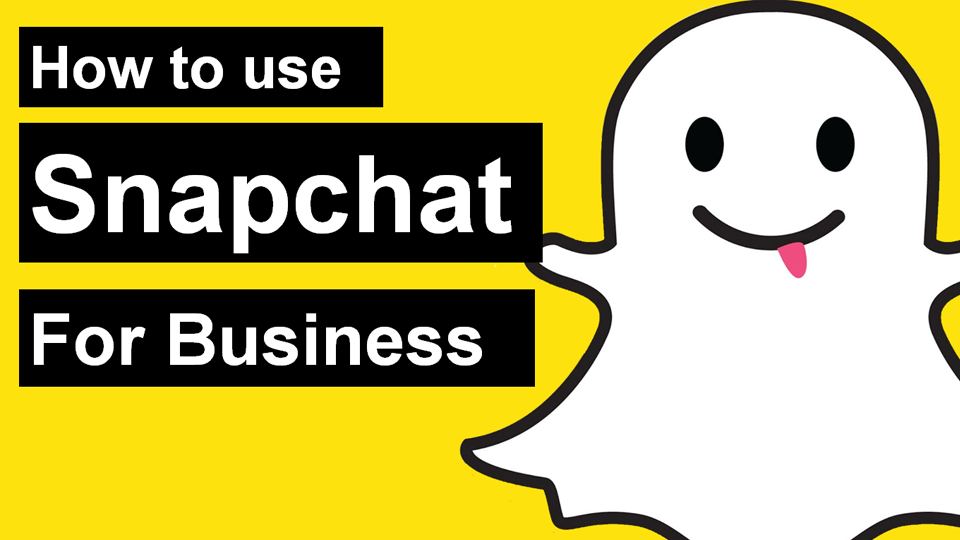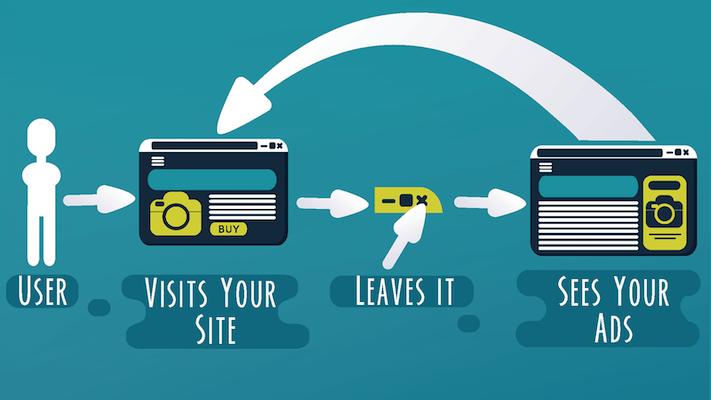How much does Facebook know about the user to generate advertising?

The business model of social networks such as Facebook is very clear: they are free for the user, in exchange for the user giving up their information so that they can send them highly personalized advertising.
Facebook does not share user information with other brands. Privacy is guaranteed. But it uses this data so that brands that use Facebook Ads can better guess who they are impacting and with what objective.
For example, a clothing brand wants to promote a line for people between 30 and 40 years old and who live in urban centers of more than 50,000 people and who also like sports and healthy living. Facebook will look for profiles that meet these requirements and show them the ads, without giving the brand who those users are and their pata.
From here, it’s okay to open up reflection: are we aware of what Facebook advertising knows about each of us and how it uses it to serve us ads? Let’s analyze it.
The profile, the first step for Facebook advertising
Logically, Facebook has information about everything that you have ever published on your profile. What is not so well known is that you can request that Facebook send you this information through this personal data request form.
If you dare to download it, you will see a lot of information related to your Facebook username:
- The profile. In addition to the date on which you registered, all the pages you have ever liked will appear here. If you’ve been using Facebook regularly for a while, you’re sure to find a lot that you don’t even remember.
- Biography. Everything you’ve ever posted on your wall, but without links or photographs.
- All messages you’ve sent or received at any time since you created your account.
- Information about your friends: Friends you’ve added now, deleted friends, and requests received and sent.
- All the events to which you have been invited (whether you have confirmed your attendance or not).
- All the photos and videos you’ve shared.
The interests of Facebook users
While this file contains a lot of information about you, it’s not all Facebook knows. The network uses all this information to deduce different categories of interests for advertisers. To see which ones are yours, you have to go to Settings — Ads.
Here you can find data such as “lives far from your family”, “you have a mobile phone with 5G”, or “you share your home with roommates”. Of course, he does not always get it right.
To create this detailed list of interests, Facebook not only takes into account the posts on our wall or the pages we like, but also factors such as where we connect from, what we comment and share, and even data that it buys from companies that provide this type of information.
The Facebook user can delete the information about their interests in Ads, but that does not mean that the network “forgets” about it, only that it will stop sharing it with advertisers. In other words, you’ll still see advertising, but it will be less personalized.
The value of Facebook advertising for advertisers
As I said at the beginning of this post, Facebook’s business model is based on trading its users’ information, offering companies the possibility of launching highly targeted ads.
Thanks to the use that users make of the network and the way it stores information, advertisers can make segmentations such as “users of 40 to 50 years old with positions of responsibility and a great use of technology”. Thus, each impression has a better chance of hitting the target audience, and Facebook users have opportunities to receive ads that interest them.










